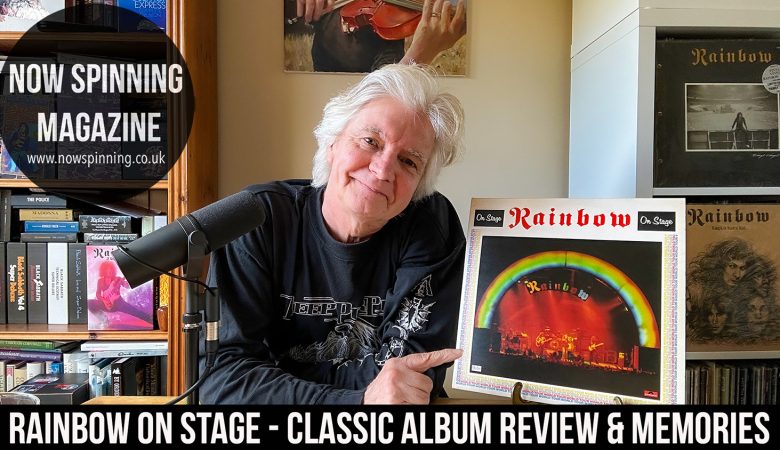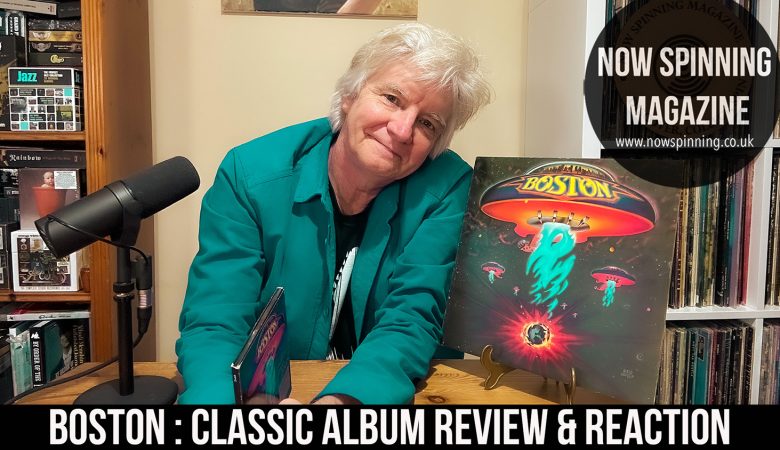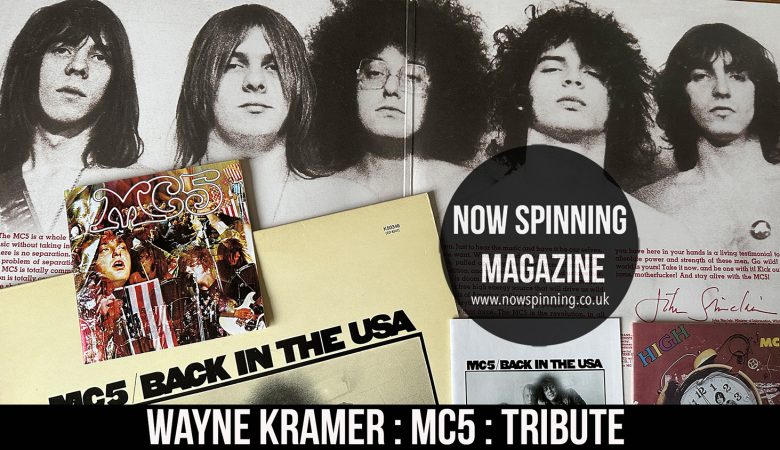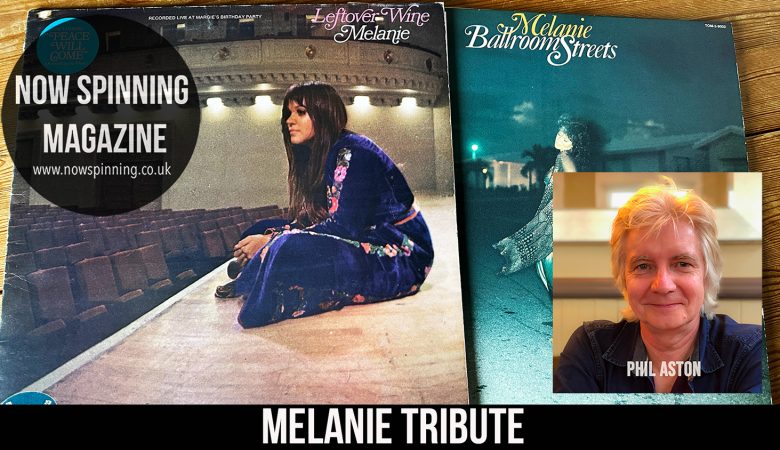The year 2000 was a turning point for most things, and yet nothing actually changed. The sun still rose, the birds still sang etc and the whole kept turning. The feared Millenium Bug didn’t happen and the predictor’s of doom went back into their cave’s and didn’t resurface until 2012 (and that went well for them as well)
Looking at the year in music it was hardly as revolutionary as some. Perhaps it was expecting too much for such a historically important point to throw up a torrent of creative outpouring. Britney Spears and Oasis were the flavours of the year. Nu-metal was the thing in rock. Metal gods Metallica took on Napster and won the lawsuit but lost the street.
Meanwhile, the new year brought contrasting fortunes for two of British rock’s establishment. Both were failing with the fans in the mid to late 1990’s, releasing less than flattering albums with material that wasn’t up to the highest standards required. At the turn of the century, one went back to the winning formula while the other went to a winning formula but with an album that was “the worst album we ever did”.
Iron Maiden and Status Quo. Both bands had spent much of the 1990’s going nowhere. The start of the 1990’s had seen Maiden part ways with vocalist Bruce Dickinson and guitarist Adrian Smith by 1993 while Quo had parted ways with the very fans that made them and became media darlings, tabloid staples and a covers band.
Iron Maiden, in the 1980’s could do no wrong. Hit singles and albums, huge sell-out tours and a fan base that would follow them to the ends of the earth. By the early 1990’s the cracks, as with most successful bands, had surfaced with Adrian Smith leaving in 1990 during the early stages of the No Prayer For The Dying album, unhappy with the musical direction of the band with Dickinson leaving in 1993 after the Fear of the Dark album for the same reasons.
Two solid but nothing more albums with Blaze Bayley followed for Maiden. The fans were still there but not in the numbers of old and most were saying that the old boys needed to come back for the old magic to return. Bridges were mended and egos were no doubt soothed and by 1999 the news was out that Dickinson and Smith were back in the fold and a new classic line up Maiden album was on the way.
Brave New World wasn’t destined to be a classic. Very few “comeback” albums are. But they were back, that was all that mattered. The album was worthy of the Maiden brand and faith had been restored. This was a new Maiden built for the new era.
The music has a freshness, confidence and bravado of a band who have a belief in the material. Check out closer The Thin Line Between Love and Hate, for a track with everything, duel vocals on the verses, great riffs, solos, time changes. Check The Fallen Angel for a rollicking rocker in the Maiden tradition. Dickinson’s vocal performance may be his best ever, powerful and mature. Murray, Smith and Gers are on sparkling 6-string form and Steve Harris is surely one the most underrated bass player in any genre. Let’s salute Nicko McBrain behind the drum kit with a stellar performance throughout, solid as the proverbial rock.
For the Quo the new year brought with it to quote Francis Rossi “another bloody covers album”. Rossi and Rick Parfitt both admit it was a mistake and a terrible idea. Yet, like the 1996 covers album Don’t Stop, their 2000 release Famous In The Last Century was also a hit with the public which rather left an odd situation for Rossi and Parfitt. They had a hit album they hated.
While it helped to cement their place in the hearts of the public it was the fans, the ones who’d been their since the glory days as denim-clad followers in the 1970’s, bemoaned that for them this wasn’t the Quo they wanted. The Quo they wanted hadn’t really been seen since the 1980’s with the departure of founding members Alan Lancaster and John Coughlin.
The blame for their successful covers albums was put firmly on the shoulders of their manager David Walker but to solely blame him is unfair. Rossi and Parfitt didn’t put up much of a fight against it and can be shown as a barometer of where they were mentally with the Status Quo in general. The albums were filled with the sort of standard rock’n’roll fair that they would have been playing back in their holiday camp beginnings. Berry, Holly, Orbison, all the familiar faces for an album of throwaway rock’n’roll karaoke. Not for them a departure from the norm and throw in a Britpop track.
Cover albums point to a dilemma in a bands recording history namely whether they have they run out of songwriting steam? For Rossi and Parfitt it can be argued they had but the “Famous in The Last Century” had the reverse effect. They had on a few occasions threaten to jack it all in but continue they would but with albums of original material. But even that plan didn’t materialise at first as for part of the deal for the 2002 album Heavy Traffic, a hit with both fans and critics alike, their record company, Universal, wanted a money grab of a new covers album. Universal hedged their bets on recovering their costs but Quo won the argument. The covers album Riffs a lowly 44 in the charts while Heavy Traffic hit no 14. 1-0 to the Quo.
For both Iron Maiden and Status Quo the year 2000 was a pivotal point. Maiden carried on where they had left off in 1993 as if the intervening 7 years had been like the shower scene in Dallas. They may not have hit the heights of the first period of the classic line up but they are still here, still touring and still producing great heavy metal. The same goes for Status Quo who has produced a string of late-career quality albums, perhaps hinting that the Famous..album gave them a kick up the backside they needed to get their act together.
For both bands, the past gave them a new future.
John D.







